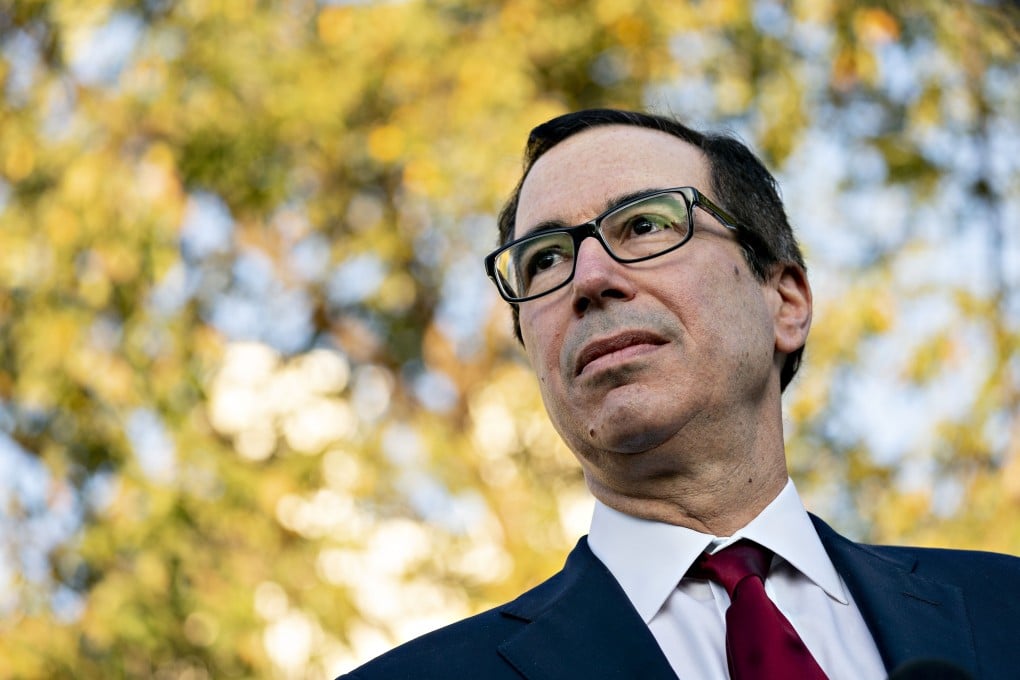Mnuchin may be right to wind down US crisis lending as ‘easy money’ worries spread
- The US Treasury decision to pull back crisis lending is seen by some as Trump’s bid to sabotage Biden’s administration, but it actually reflects wider global unease over easy money conditions

If Donald Trump wishes to lay waste to the territory he is being forced to vacate ahead of the arrival of the Biden-led forces, there can be few more effective ways than sabotaging the US stock market, which has been the main fortress of Trump’s economic policies.
The possibility that a president of the United States could resort to such scorched-earth tactics might seem remote, yet it seemed to be in prospect after Treasury Secretary Steven Mnuchin declared his intention to wind down some of the government’s crisis-lending facilities.
As the Financial Times noted: Mnuchin’s decision “fuelled concerns that US President Donald Trump is seeking to constrain the incoming Biden administration’s capacity to tackle the economic fallout from the pandemic, as part of a broader effort to delegitimise and damage the future Democratic presidency.”
Mnuchin denied that his move was political and claimed that the Treasury still has “a lot of firepower” without further lending facilities. But critics such as former Treasury secretary Larry Summers suggested that Trump’s “burn the house down” approach was behind the move.

01:03
Biden says Trump challenge to his election victory is ‘totally irresponsible’
Maybe, but while Mnuchin’s hints of less accommodative fiscal policy cannot be justified by his claim that “financial conditions are in great shape” (a truly Trumpian boast), the outgoing Treasury secretary is not alone in believing that easy money conditions cannot persist forever.
